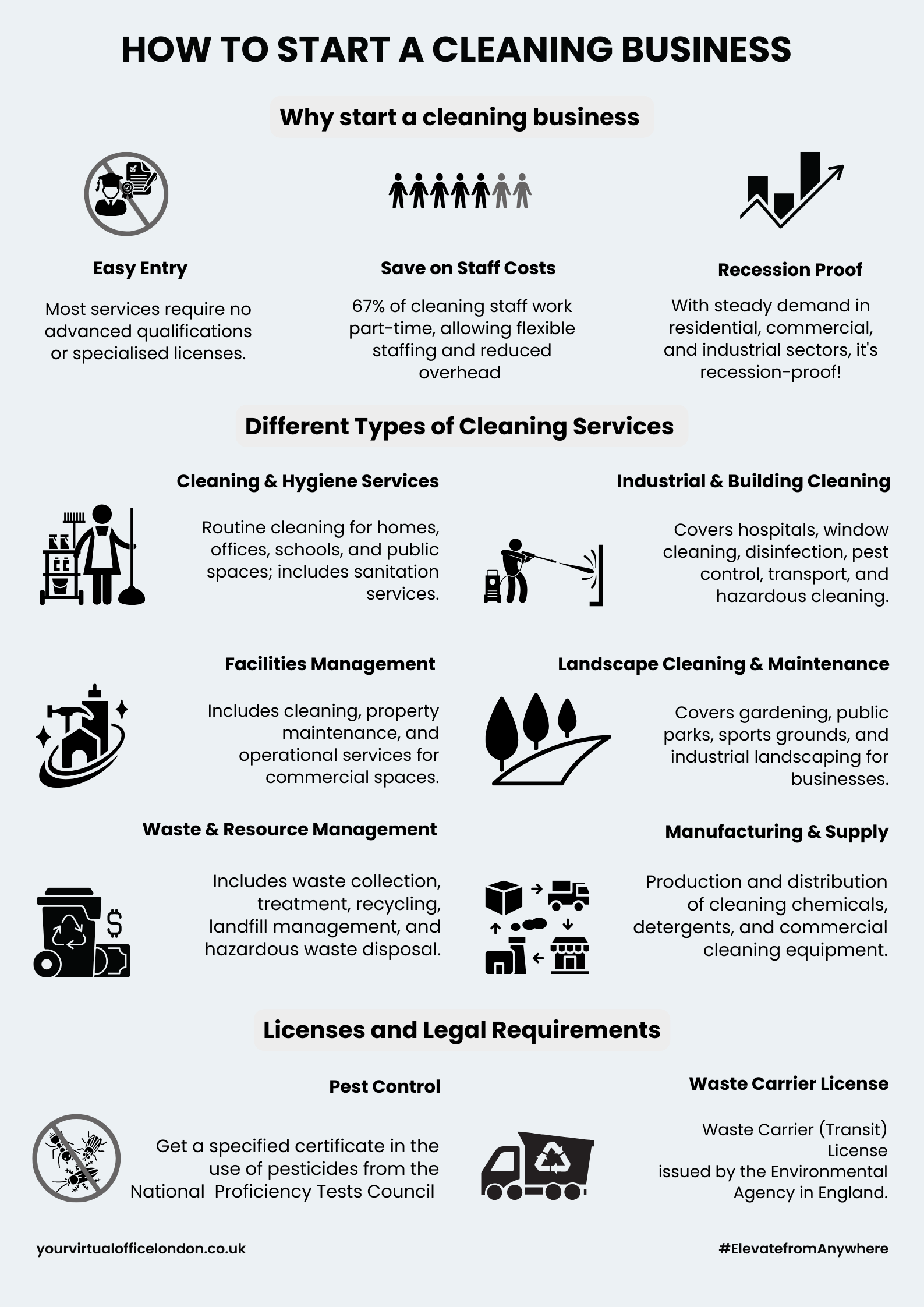For a limited company, the date of incorporation is its legal birthday. This permanent, unchangeable date marks the moment your business officially exists and triggers every major compliance deadline you will face. Understanding its meaning is critical for running your business legally.
🔑 Key Highlights
- Your incorporation date is the day Companies House issues your Certificate of Incorporation.
- This date is permanent and cannot be changed, adjusted, or backdated.
- It triggers your first accounts filing deadline, which is 21 months from this date.
- You can find any company's incorporation date for free on the Companies House register.
- Anyone signing contracts before this date can be held personally liable.
- The date is set by Companies House processing, not when you submit your application
Date of Incorporation Meaning
The date of incorporation is the official date a limited company is legally formed in the United Kingdom. Under Section 16 of the Companies Act 2006, this is the precise moment your business becomes a "body corporate"—a separate legal entity distinct from its owners and directors.
From this date, your company can own property, enter into contracts, and is responsible for its own debts. Incorporation occurs when Companies House processes your application and issues a Certificate of Incorporation, not when you submit your forms.
This certificate is the legal document that conclusively proves your company’s existence. It contains your company name, registration number, and the official date of incorporation.
How to Find Your Date of Incorporation?
You can find any UK company's date of incorporation quickly and for free.
Use the Companies House public register. Simply search for the company name or number on the GOV.UK website. The company’s overview page will clearly state "Incorporated on: [DATE]" near the top. The original Certificate of Incorporation is also available as a free PDF download in the "Filing history" tab.
For automated or bulk checks, the Companies House API returns the incorporation date as date_of_creation. This is the same official source used by credit agencies and data providers.
Records for dissolved companies remain on the public register for 20 years. After this period, files for historically significant companies may be transferred to The National Archives.
Why Your Year of Incorporation is Legally Critical?
The date of incorporation holds significant legal weight and has direct implications for your business. Before this date, your company did not legally exist.
This creates personal liability for any pre-incorporation contracts. Section 51 of the Companies Act 2006 states that anyone who signs a contract on behalf of a company before its incorporation date becomes personally liable for it. The company cannot simply adopt the contract later; it must be legally transferred through a process called novation.
Credit agencies and lenders use the incorporation date to assess risk. A recently incorporated company has no trading history or filed accounts, making it a higher risk. Your first accounts are not due until 21 months after incorporation, so the age of your company is a key factor in due diligence.
In insolvency proceedings, the date of incorporation establishes the starting point for examining directors' conduct and potential wrongful trading claims.
Filing Deadlines Triggered by Your Date of Registration
A UK limited company's date of incorporation starts the clock on several mandatory Companies House filing deadlines. Missing these can result in financial penalties and lead to the company being struck off the register.
- First Confirmation Statement: Due 12 months after your incorporation date. You have a 14-day window to file it.
- First Company Accounts: Due 21 months from your date of incorporation for a private limited company.
- Accounting Reference Date (ARD): This is your company’s financial year-end. Companies House automatically sets it as the last day of the month in which you incorporated. For example, a company incorporated on 10th May will have an ARD of 31st May.
- Corporation Tax Registration: You must register with His Majesty's Revenue and Customs (HMRC) within 3 months of starting to trade, which may differ from your incorporation date.
Can You Choose Your Date of Incorporation?
You cannot choose or backdate your date of incorporation. The date is determined by the day Companies House officially processes your application and issues the certificate.
An application submitted late on a Friday will not be processed until the following Monday at the earliest. Incorporations are not possible on weekends or bank holidays.
However, you can influence the timing. By filing electronically before the 3 pm cut-off on a weekday, you can use a same-day incorporation service. This ensures your company is formed on that specific day, provided your application is accepted. Your Virtual Office London offers a same-day service to help you secure your incorporation date as quickly as possible.
Incorporation vs. Other Key Business Dates
Business owners often confuse the date of incorporation with other important dates. Understanding the difference is vital for business compliance.
- Date of Incorporation vs. Trading Start Date: A company can remain dormant after incorporation. The date you start trading (e.g., buying or selling goods) is your business start date. This date, not the incorporation date, triggers the deadline to register for Corporation Tax with HMRC.
- Companies House Financial Year vs. HMRC Tax Year: Your first financial year for Companies House runs from the date of incorporation to your ARD, often lasting more than 12 months. For HMRC, a Corporation Tax accounting period cannot exceed 12 months. This means your first filing may require two separate tax returns to cover the entire period.
- Incorporation Date vs. Registration Date: In the UK, these terms are used interchangeably. Both refer to the official date the company was legally formed. Neither refers to the date you submitted your application.
Does the Incorporation Date Ever Change?
A company’s original incorporation date is permanent and almost never changes.
If you re-register your company, for example, changing from a private limited company (Ltd) to a public limited company (PLC), you retain your original company number and date of incorporation. The company remains the same legal entity, just with a different status.
The only time a new incorporation date is created is when you must form an entirely new legal entity. There is no direct statutory process for converting a Limited Liability Partnership (LLP) into a limited company. This requires incorporating a brand-new company, transferring all assets, and dissolving the old LLP. The new company will have a new Company Registration Number (CRN) and a new date of incorporation.
If a company is restored to the Companies House register after being dissolved, it is legally treated as if it had never been struck off. It retains its original company number and date of incorporation.
























































